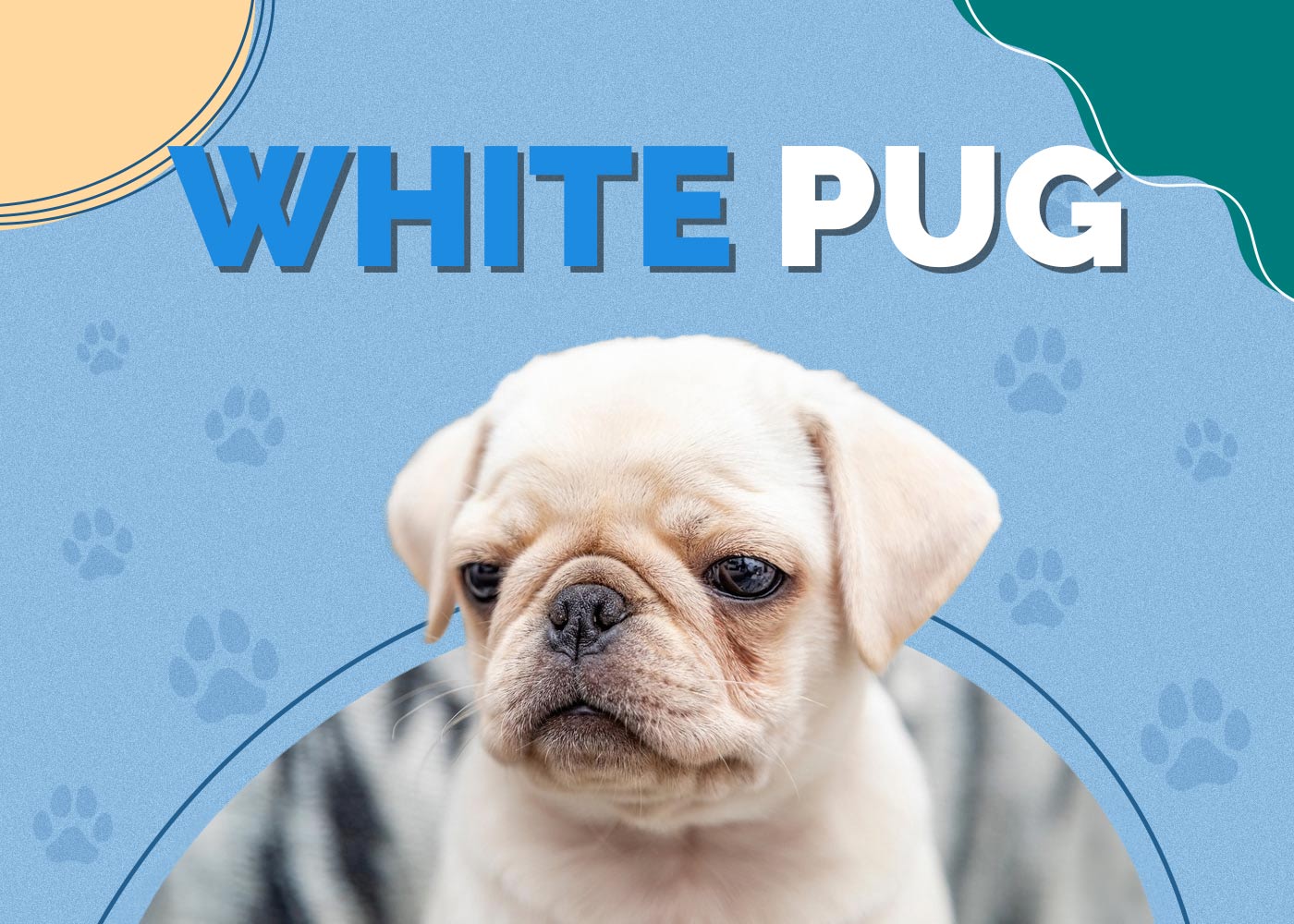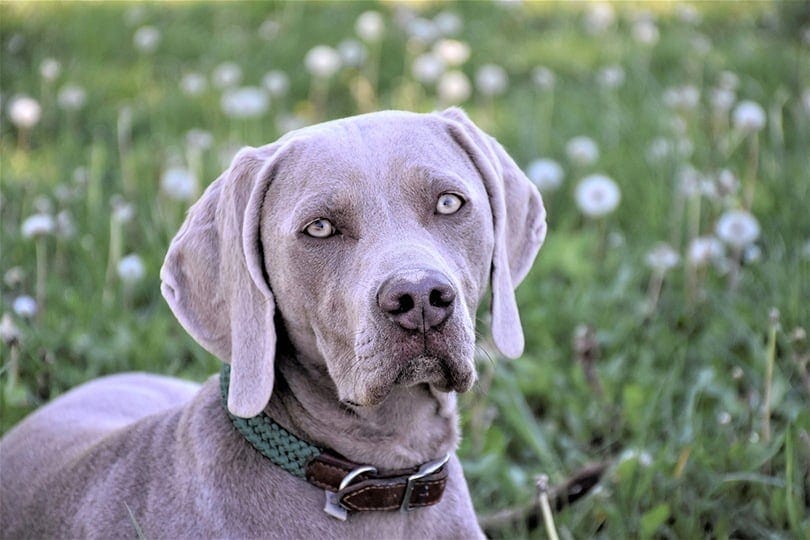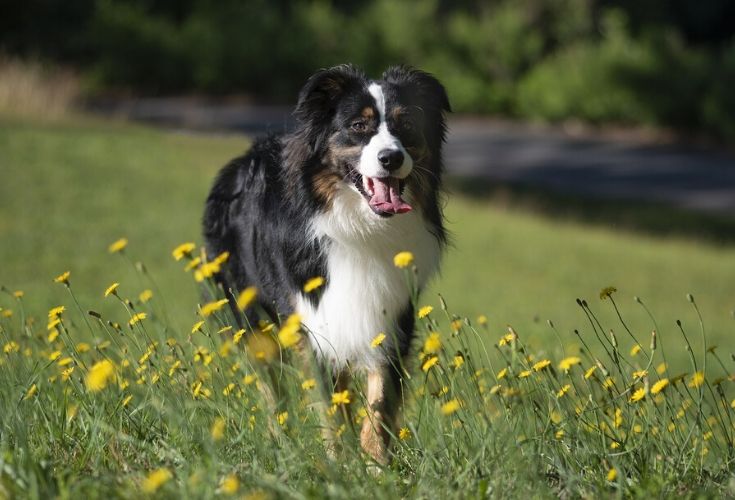Why Does My Dog Act Like a Cat? 5 Common Reasons
By Jessica Kim
Updated on
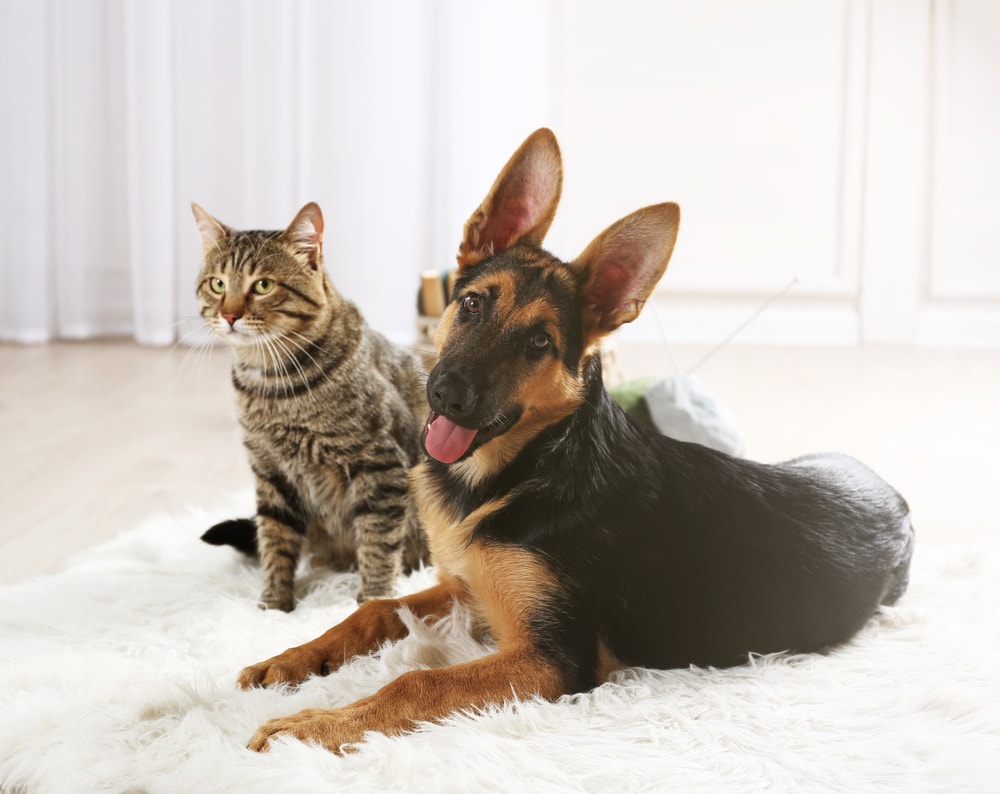
Pet dogs are commonly viewed as loyal and affectionate companion pets. They’re perceived to be playful and social and have a happy-go-lucky attitude towards life. However, not all dogs fit into this image, and it’s perfectly normal for some dogs to have more introverted or independent personalities. Some dogs may even seem to have more cat-like qualities than stereotypical dog personalities.
Sometimes, you may just feel your dog is behaving like a cat in some instances, as it’s easy to attribute some of your cat’s qualities to your pooch, and the other way around, particularly if they have been living together for years.
However, it’s important to note that any subtle or sudden changes in personality can indicate an underlying medical condition or behavioral issue. Being able to differentiate between what’s normal and abnormal can help you recognize any signs of illness early on, and encourage your dog’s true personality to shine and let them live as the best versions of themselves.
The 5 Reasons Your Dog Might Act Like a Cat
1. It’s a Learned Behavior
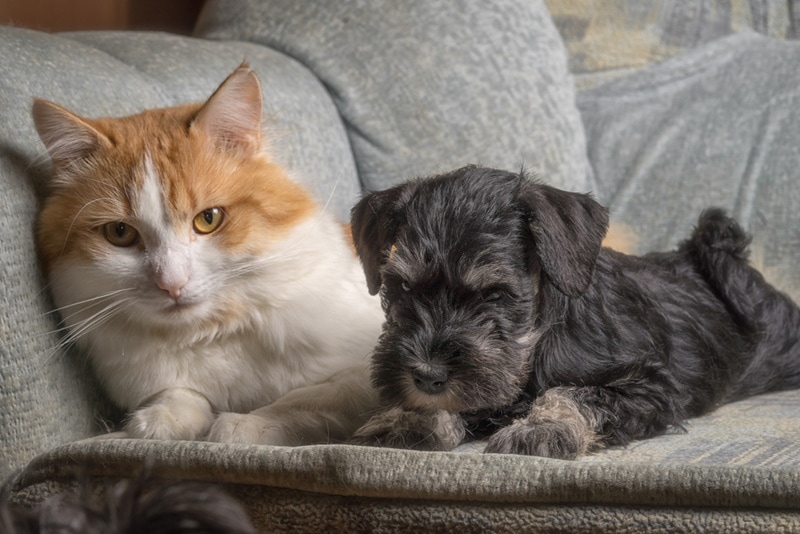
Dogs that live with cats can easily learn that certain behaviors around the cat bring tasty rewards from their owners, praise, and positive associations. Dogs can learn how to communicate and play in a way that’s compatible with cats, in the sense that cats will tolerate it and may respond positively to it. While cats and dogs communicate differently, they can learn to co-exist together, and even in some instances become friends.
However, they should always be supervised when interacting, as even if they have lived together for years without any issues, this is no guarantee that one may not injure the other, accidentally or on purpose.
Both cats and dogs can use various vocal cues to show their annoyance, fear or anger, and they both tend to make their bodies appear larger when they’re feeling threatened and cornered. So, they can learn how to interpret the other one’s communication to some extent, and your dog may seem as if they are mirroring some of your cat’s behavior. It may be that you are interpreting certain behavior of your dog as if it were the cat’s, but it’s actually perfectly normal for them. Dogs and cats that live together may share the same routines, at playtime, meals, or even go for walks together, all of which causes similar responses and behaviors from them.
Very young animals are much more impressionable and may start to adopt more of each other’s behaviors while living together.
2. Some Dogs Have Independent Personalities
Some purebred dog breeds were intentionally bred to have independent temperaments, similar to a cat’s temperament. Dogs that are known to have minds of their own are Afghan Hounds, Alaskan Malamutes, Chow Chows, Shar Peis, Scottish Terriers, and Siberian Huskies.
Independent thinking can be a beneficial trait for working dogs. It can help them to work more effectively by enabling them to make quick decisions on their own. This is why many guard dogs, herding dogs, and hunting dogs tend to have more independent or aloof personalities.
3. Some Dogs Have Introverted Personalities
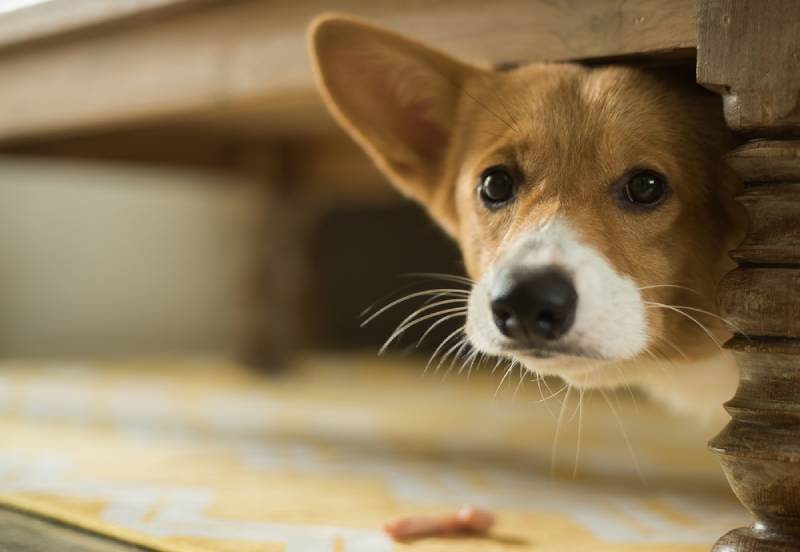
Some dogs can also be more introverted or shy than others. Not all dogs are social butterflies that will enjoy playing with other dogs or meeting new people. This doesn’t mean that there’s something wrong with them. Just like how people have unique social preferences, dogs also have personalities that fall in various categories of what people would refer to as the introverted and extroverted spectrum.
It’s worth noting that some cases of shyness stem from canine anxiety, illness, or pain, particularly if they are sudden and unlike your dog’s usual character. The latter two usually lead to changes in your dog’s behavior, with some dogs sleeping and resting more, and often showing a reduced appetite, while others may be more clingy. If you feel your dog is not behaving like themselves, or they are showing any changes in their activity levels, behavior, appetite, drinking, or toileting, it’s important to get them checked by your vet.
Anxiety can also be crippling for dogs, so it’s best to understand the causes of your dog’s anxiety and find ways to help your dog cope with it. Working with a veterinarian or a canine behaviorist can help immensely with lowering your dog’s anxiety.
4. Some Dogs Don’t Like Being Petted
Not all dogs are cuddle buddies and lap dogs. It could be because they didn’t have proper socialization opportunities when they were growing up. However, they may also not like being touched because they simply don’t prefer much physical contact.
Dogs have their own preferences as to where they like to be petted. For example, dogs may not enjoy getting petted on the head or belly, and they usually don’t like it when someone touches their paws or tail.
Dogs that don’t enjoy being petted often have other ways they prefer to bond with their owners. They may be more food-motivated or enjoy playing games with their owners. Spending time with their owners through these means is just another sign of love and affection.
However, if your dog suddenly dislikes cuddles, particularly in certain body areas, it may indicate pain or an underlying issue that will need veterinary attention.
5. They Have Cat-Like Skills

Some dogs have skills that seem more cat-like. For example, certain agile dog breeds and individual dogs have the tendency to try and jump up on accessible low tree branches. Dog breeds that are known to be good athletes in this sense include Catahoula Leopard Dogs and Treeing Walker Coonhounds, but there are more, such as Belgian Malinois and Border Collies.
Usually these are breeds that perform well in agility and sport, or as working and hunting dogs. This is generally a question of an individual dog’s preference and training, but make sure you are not pushing your dog into doing any dangerous acts, as awkward jumps and falls can lead to serious injuries.
Is It Okay If My Dog Acts Like a Cat?
In many cases, there’s no need for concern if your dog has some of the characteristics that are more easily attributed to or described as cat-like. This can also be a question of our interpretation.
However, sudden personality changes can indicate an underlying issue, such as illness or pain. Do not mistake your dog’s changes in behavior, such as reduced interest in certain activities, for them getting older. Dogs remain like puppies in many ways despite their age, and if they are slowing down visibly, or becoming withdrawn, it may be a sign that something is wrong.
If your usually outgoing dog is suddenly acting reserved, it’s best to pay attention and seek appropriate help. You can schedule an appointment with your veterinarian to see if your dog is acting differently because they’re in pain or have developed a medical issue.
If your veterinarian rules out any medical causes for the change in behavior, you may want to consult a dog trainer or behaviorist. They can help you identify any environmental triggers that may be causing your dog to act differently. Some triggers that can cause dogs to act more reserved or withdrawn include significant changes to their routine, being left alone for prolonged periods, the addition of a new pet, or a death in the family.

Conclusion
Dogs can appear as if they are acting more like cats for a variety of reasons. They may have learned some behaviors from interacting with cats, or they may just have more introverted and reserved personalities. It could be a question of how we see and interpret it as well, while in some cases, such changes in behavior indicate an underlying health issue. If you notice any sudden changes in your dog’s behavior, make sure to consult your veterinarian.
Understanding and accepting your dog’s personality and temperament can help you incorporate activities that they genuinely enjoy into their daily routine and avoid situations that make them feel uncomfortable or anxious.
Featured Image Credit: Africa Studio, Shutterstock

